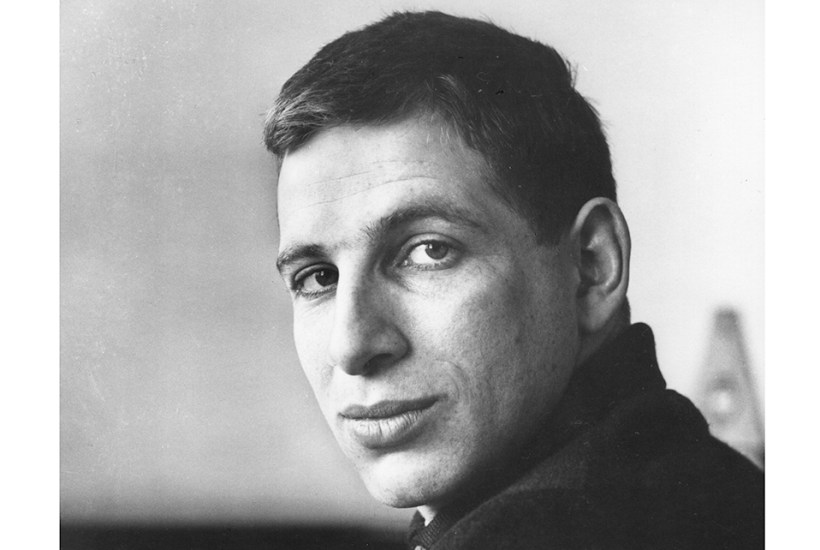In the 1960s and 1970s, British music was transfixed by the Manchester School. Led by the composers Harrison Birtwistle, Alexander Goehr and Peter Maxwell Davies, this northern powerhouse of art music also included the brilliant pianist John Ogden and the conductor Elgar Howarth. All five had studied in the city in the early 1950s.
Already a subscriber? Log in
Subscribe for just $2 a week
Try a month of The Spectator Australia absolutely free and without commitment. Not only that but – if you choose to continue – you’ll pay just $2 a week for your first year.
- Unlimited access to spectator.com.au and app
- The weekly edition on the Spectator Australia app
- Spectator podcasts and newsletters
- Full access to spectator.co.uk
Or
Unlock this article
You might disagree with half of it, but you’ll enjoy reading all of it. Try your first month for free, then just $2 a week for the remainder of your first year.








Comments
Don't miss out
Join the conversation with other Spectator Australia readers. Subscribe to leave a comment.
SUBSCRIBEAlready a subscriber? Log in